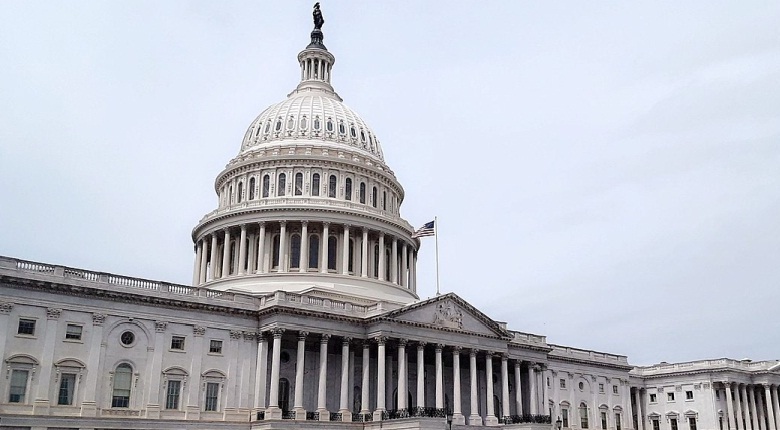The US Senate and House Democrats are pushing new legislation. It was introduced this week and allocates $94 billion in making available nationwide broadband internet access. The legislation is an effort to close the digital divide and bring digital equity to millions of Americans who’ve been left offline during the coronavirus pandemic. On Thursday, the Accessible & Affordable Internet for All Act introduced in the US House and Senate and has the backing of 30 Democratic legislators. The House Majority Whip, James E. Clyburn, and Sen. Amy Klobuchar are the key legislators pushing the aspiring bill. It would be the most expensive broadband package introduced in recent years. The main objectives of the legislation are to bring internet service to areas of the country where it doesn’t yet exist.
The other key goals are the improvement in network speeds in places where connectivity is too slow and to ensure service affordability for low-income families. In June 2020, Clyburn had introduced a similar bill just a few months after the COVID crisis started, but the legislation had no hope of passing due to Republicans controlled Congress. Point to be noted that the digital divide is an issue that’s dogged policymakers for decades. The FCC said there are still at least 19 million Americans who don’t have access to broadband, despite billions of dollars spent by the federal government each year to get more Americans throughout the US connected. The problem has taken on a new urgency over the past year because of the pandemic. The internet has become more essential in our daily life as schools and offices across the country have shut down.
The bill will likely be part of a larger Congress debate and will soon be having over President Joe Biden’s promised $2 trillion infrastructure plan. It is the next major agenda item on the priorities list of President Biden after the $1.9 trillion coronavirus stimulus package has been signed into law. Democrats said now is the time to make big changes, especially when it comes to getting broadband infrastructure set up in rural communities where it simply doesn’t exist. Clyburn formed the Rural Broadband Task Force in the House of Representatives in 2019 to address the digital divide. He said, “Access to broadband today will have the same dramatic impact on rural communities as the rural electrification efforts in the last century. The disparate effects of that divide have been amplified during the COVID-19 pandemic and exposed the urgency of ensuring universal access to high-speed internet”.
